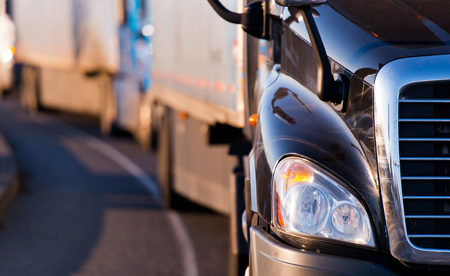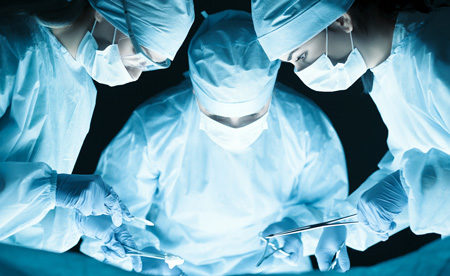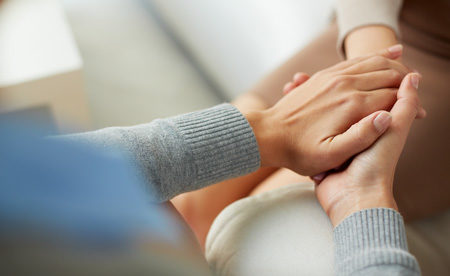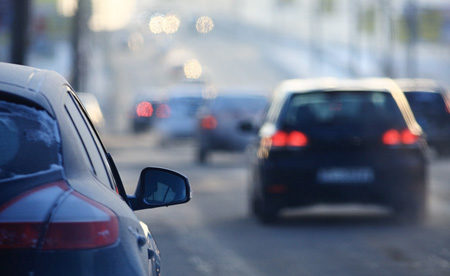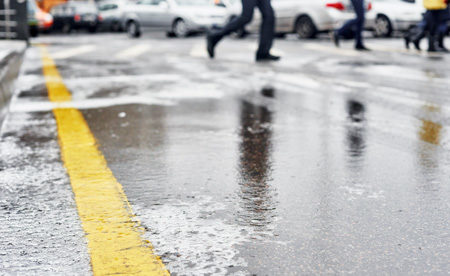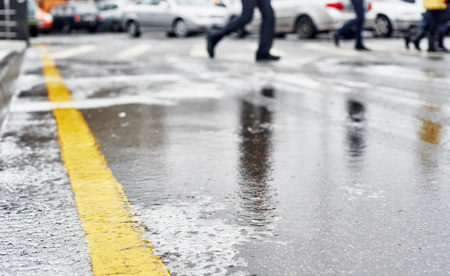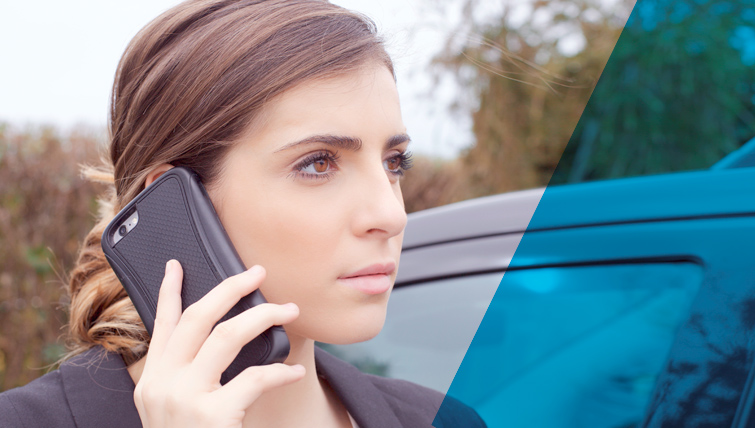It happens in an instant. One minute, you’re driving down the road, singing along to Taylor Swift (or whatever your favorite car jam may be). The next thing you know, you’re on the side of the road, and you realize you’ve been hit. Do you know what to do next?
Most drivers think they know how to respond to a collision, but as many of my clients (and I myself) have discovered, taking the right steps is more difficult than it seems in advance. You may experience shock and confusion. And even if you aren’t disoriented, you might overlook important considerations—especially if you rely on word-of-mouth advice for dealing with insurance agencies, medical providers, and the police.
That’s why it’s so important to make sure you know ahead of time how to respond to a collision. Please protect yourself and others by reading this guide and sharing it with anyone you know who drives a car:
First, make sure everyone is safe.Administer first aid, and if you are able to move, relocate yourself (but not your car) to a safe location out of the way of traffic. One car collision is bad enough. If you stay in the roadway, you could wind up in a second.
Next, assess any injuries, and call medical professionals.Are you hurt? Are you sure? Even if you think you’re fine, it’s best to play it safe and seek medical care. Soft tissue damage isn’t always immediately evident, and seeing a doctor creates a record in case you need it later. You should let an ambulance or a friend take you to the hospital instead of driving yourself. Otherwise, shock could impair your driving, and if you file a suit, opposing counsel could argue someone who was truly hurt couldn’t have driven to the hospital.
Call the police.In some extremely minor fender benders, drivers may simply exchange information and be on their way, but this is risky. The other driver could give you fake information or drive away after pretending to grab his license from his car. Without a police officer, you don’t have an official record of the event. Of course, you can still file a lawsuit if you don’t get a collision report, but it’s best to have an objective third party’s report.
Take pictures, but be sensitive.Pictures of the vehicles, the surrounding area, and any passenger or driver injuries will be useful if you file a claim, so take a few with your phone if you can. But be cautious. You don’t want to appear insensitive or eager to gather evidence. If possible, ask a friend or family member to take photos instead so you can attend to your own injuries and avoid any appearance of exaggerating the circumstances of the crash.
With permission, move your car to safety. Once the police have examined the scene, they may instruct you to move the cars out of the roadway. Do not move your car until you have received this instruction. Otherwise, you may appear to be hiding evidence.
Don’t talk to anyone but the police.While you’re in shock, it’s easy to say something you’ll regret. You don’t want to admit fault, appear to pressure witnesses, or speak in anger to the other driver. It’s best to remain polite but distant and to communicate only with the police. There’s one exception: If a bystander approaches you to say he witnessed the collision, ask for his contact information. It may prove useful later.
Call a personal injury lawyer.The best time to talk to a lawyer is before you might need one, and virtually all personal injury lawyers offer free phone consultations. You aren’t risking anything by calling, describing the incident, and asking for advice. Whether or not you eventually file a case, you may learn important information about how to handle your collision.
Contact your insurance agency.It’s a common misperception that your rates will go up if you file a claim. In reality, insurance agencies set rates based on large groups of policyholders, not individual accounts. Your agency has an obligation to help you after a collision, even if it wasn’t your fault, and contacting your own agency may be the fastest way to get a repair and a rental car so you can get where you need to go as you wait for your case to be resolved.
Focus on healing.In the days and weeks following a collision, you may experience not only headaches, stiffness, and physical injuries but also PTSD and other mental and emotional effects. This is completely normal. Go easy on yourself, and take time to recover. However, if symptoms persist or seem especially severe, consider talking with a mental health professional. Left untreated, PTSD and other conditions can grow worse, but with time and proper care, both the physical and mental effects of a collision can improve.
No car collision is easy, but knowing these guidelines ahead of time will prepare you if you ever experience one. Make sure you understand these steps, and share them with your loved ones. It could make a huge difference if you find yourself in a collision.

